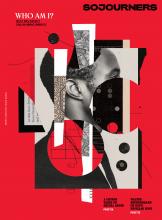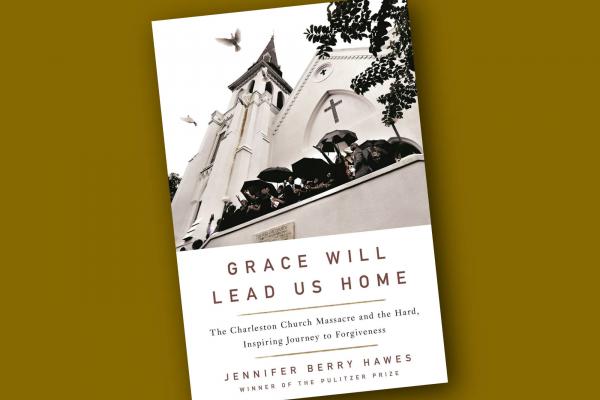"AND THERE SAT a dark leather-bound Bible soaked in blood. A bullet had pierced its pages.”
The Bible belonged to Felicia Sanders, one of the five people to walk out of Mother Emanuel AME Church alive after a stranger who had been welcomed to a Bible study shot and killed Rev. Clementa Pinckney, Cynthia Hurd, Susie Jackson, Ethel Lance, Rev. DePayne Middleton-Doctor, Tywanza Sanders, Rev. Daniel L. Simmons, Rev. Sharonda Coleman-Singleton, and Myra Thompson.
The quote is from Jennifer Berry Hawes’ new book, Grace Will Lead Us Home: The Charleston Church Massacre and the Hard, Inspiring Journey to Forgiveness. With measured prose and journalistic excellence, this book rounds out the forgiveness and grace that have become synonymous with the Charleston massacre by exposing the outrage, isolation, and bumpy road of grief that followed the deaths.
Read the Full Article

